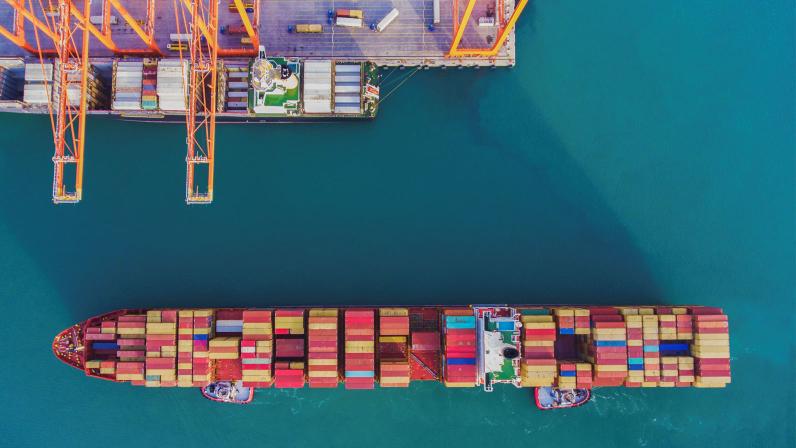DHL Global Forwarding neutralises CO2 emissions of all LCL ocean freight shipments
2022-05-05 11:18 Release person:Schindler Logistics
May 4, 2022, by
DHL Global Forwarding, the air and ocean freight specialist of Deutsche Post DHL Group, says it has neutralised the carbon emissions of all less-than-container load (LCL) ocean freight shipments since January 2021.

As reported, DHL has reduced over 36,300 tonnes of tank-to-wheel carbon emissions for all LCL ocean freight shipments port-to-port by using certified, sustainable marine fuels.
In addition, 52,800 tonnes of carbon emissions related to pick-up and delivery from and to the ports were compensated with offsetting over the last year.
“Since the start of our , we have been using sustainable marine fuels for 370,599 shipments. We are now providing our LCL GoGreen Plus service to more than 2,500 customers, supporting their carbon emission goals without extra costs”, explains Dominique von Orelli, global head of Ocean Freight at DHL Global Forwarding.
Last year, DHL Global Forwarding decided to extend the carbon reduction option to as well.
Deutsche Post DHL Group is committed to making ocean freight sustainable and clean in line with the “Mission 2050 – Zero Emissions” plan.
DHL’s GoGreen Plus service offers various solutions for minimising logistics-related emissions and other environmental impacts along the entire supply chain, thus reducing carbon emissions in both air and ocean freight,
It is part of the group’s mid-term sustainability roadmap for 2030 and contributes to the sub-target of having at least 30% of fuel requirements covered by sustainable fuels.
Moreover, to reduce carbon emissions in line with the Paris Climate Agreement, DHL intends to spend €7 billion on sustainable fuel and clean technologies by 2030.
The group is also a part of a comprising more than 25 global companies and organisations developing new guidance to quantify the impact of greenhouse gas (GHG) logistics emissions in an effort to increase the transparency of carbon emissions and work towards a net-zero logistics sector.




